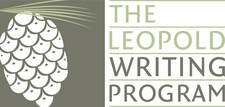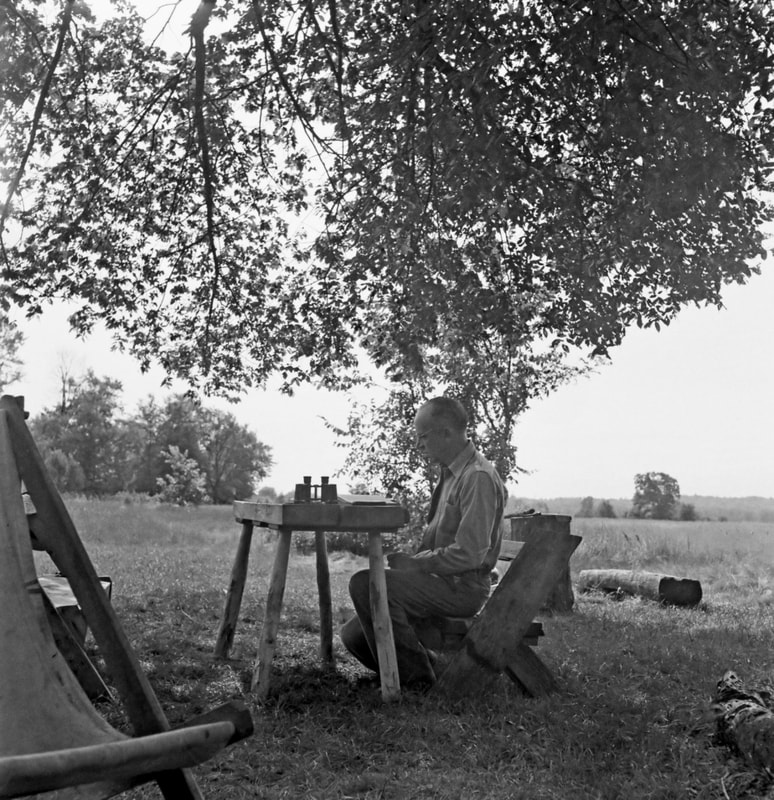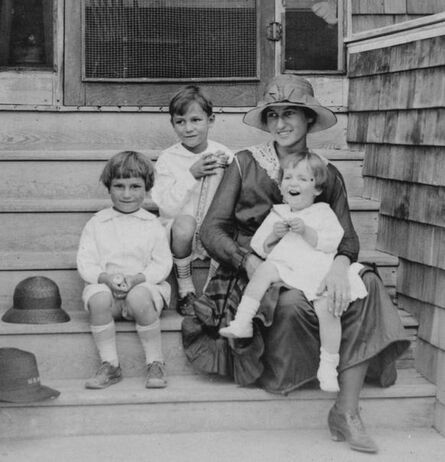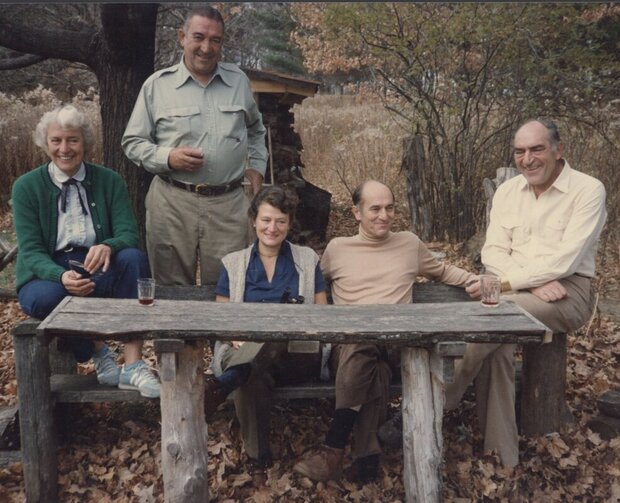About Aldo Leopold
|
Considered by many to be the father of the United States’ wilderness system, Aldo Leopold was a forester, conservationist, outdoor enthusiast, educator, philosopher, and writer. He is best known as the author of A Sand County Almanac (1949), a classic book on conservation in which he expressed his land ethic:
|
|
Leopold understood that ethics direct individuals to cooperate with each other for the mutual benefit of all. One of Leopold’s philosophical achievements was the idea that this “community” should be enlarged to include non-human elements such as soils, waters, plants, and animals, “or collectively: the land”:
|
|
To his credit, Leopold also understood that there was not just one land ethic. Rather, Leopold asserted:
|
|
In 1909, newly graduated from the Yale School of Forestry, Leopold went to work for the U.S. Forest Service. His first assignment with the Forest service was the Southwest Region, headquartered in Albuquerque. In 1912, Aldo Leopold, the newly appointed supervisor of the Carson National Forest of northern New Mexico, married the love of his life: Estella Luna Otero Bergere, the daughter of a prominent Hispanic family in New Mexico. Having married a native New Mexican and having spent the formative years of his early professional life in New Mexico (1909-1924), it was here that, arguably, Leopold had his greatest insights about the relationship between humans and Nature. Aldo and Estella began their life together in New Mexico, and it was in New Mexico that Aldo Leopold found his voice as a leader in forestry, in conservation, and as a writer. |
About Estella Bergere Leopold
Born in Santa Fe, NM, Estella Bergere Leopold was a cultured woman of many talents. Her father was a concert pianist and her mother was a descendant of a Spanish land grant family. Estella was a schoolteacher in New Mexico when she met Leopold, and they were married in 1912. They had their first four children in New Mexico, and their fifth after moving to Wisconsin in 1924. Living simply and unaffectedly, they also reared talented children who carry on the useful work of their parents and add luster to the family name.
Mrs. Leopold was a distinguished person in her own right. Cultured, gentle, talented, she shared her love of classical Spanish music with her family, teaching them Spanish and Cuban folk songs that Leopold family descendants still sing together today. Also a skilled outdoorswoman, she was Wisconsin’s woman archery champion five years in a row. In 1973, Mrs. Leopold received an honorary doctor of science degree from Northland College. She passed away in 1975 at the age of 84 in Santa Fe.
Mrs. Leopold was a distinguished person in her own right. Cultured, gentle, talented, she shared her love of classical Spanish music with her family, teaching them Spanish and Cuban folk songs that Leopold family descendants still sing together today. Also a skilled outdoorswoman, she was Wisconsin’s woman archery champion five years in a row. In 1973, Mrs. Leopold received an honorary doctor of science degree from Northland College. She passed away in 1975 at the age of 84 in Santa Fe.
Starker Leopold (1913–1983), received his doctorate in zoology from the University of California, Berkeley, and became a professor of Wildlife Ecology there. He was elected to the National Academy of Sciences (NAS).
Luna Leopold (1915–2006) received his Ph.D. in geomorphology from Harvard. After serving with the United States Geological Survey as a hydrology engineer for twenty-two years, he became a professor of Geology and Landscape Architecture at the University of California, Berkeley, and also was elected a member of the NAS.
Nina Leopold Bradley (1917-2011) studied wildlife at the University of Wisconsin and became a well-known lecturer on her father’s Land Ethic and other writings. With her husband Charles, she settled near the Shack where they, along with other family members and fellow ecologists, were instrumental in establishing the Leopold Foundation.
Carl Leopold (1919–2009) studied plant physiology at Harvard from which he received a doctorate in botany and became a professor of plant physiology at Cornell University.
Estella E. Leopold (1927-2024 ) was a paleobotanist and conservationist who received her doctorate from Yale, served with the U.S. Geological Survey for twenty-one years, and then became a professor of in the Department of Biology at the University of Washington for thirty years. She was the third of the Leopold siblings to become a member of the NAS (in 1974). Her research centered on palynology, the study of fossil pollen, to understand how plants and ecosystems are impacted by eons of climate change.
Luna Leopold (1915–2006) received his Ph.D. in geomorphology from Harvard. After serving with the United States Geological Survey as a hydrology engineer for twenty-two years, he became a professor of Geology and Landscape Architecture at the University of California, Berkeley, and also was elected a member of the NAS.
Nina Leopold Bradley (1917-2011) studied wildlife at the University of Wisconsin and became a well-known lecturer on her father’s Land Ethic and other writings. With her husband Charles, she settled near the Shack where they, along with other family members and fellow ecologists, were instrumental in establishing the Leopold Foundation.
Carl Leopold (1919–2009) studied plant physiology at Harvard from which he received a doctorate in botany and became a professor of plant physiology at Cornell University.
Estella E. Leopold (1927-2024 ) was a paleobotanist and conservationist who received her doctorate from Yale, served with the U.S. Geological Survey for twenty-one years, and then became a professor of in the Department of Biology at the University of Washington for thirty years. She was the third of the Leopold siblings to become a member of the NAS (in 1974). Her research centered on palynology, the study of fossil pollen, to understand how plants and ecosystems are impacted by eons of climate change.





